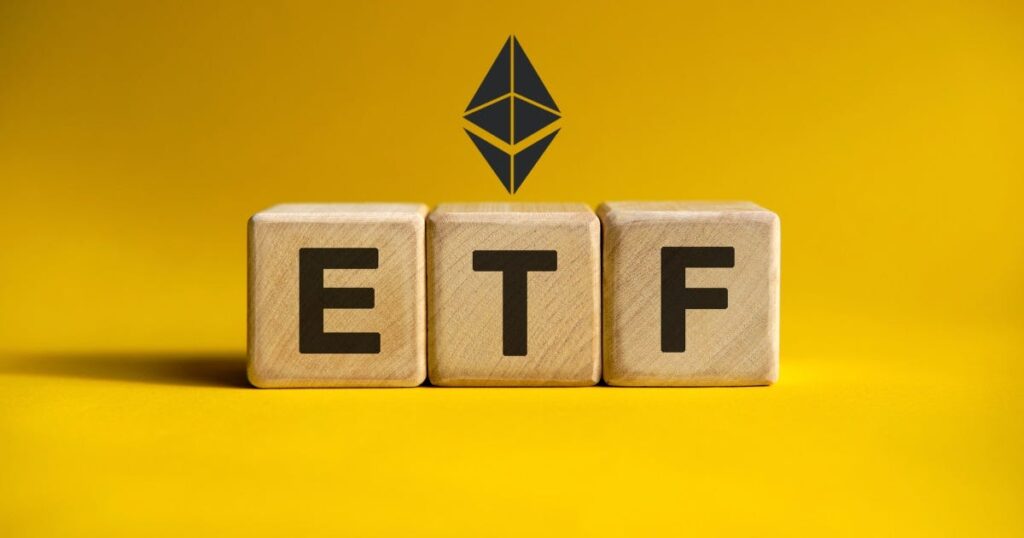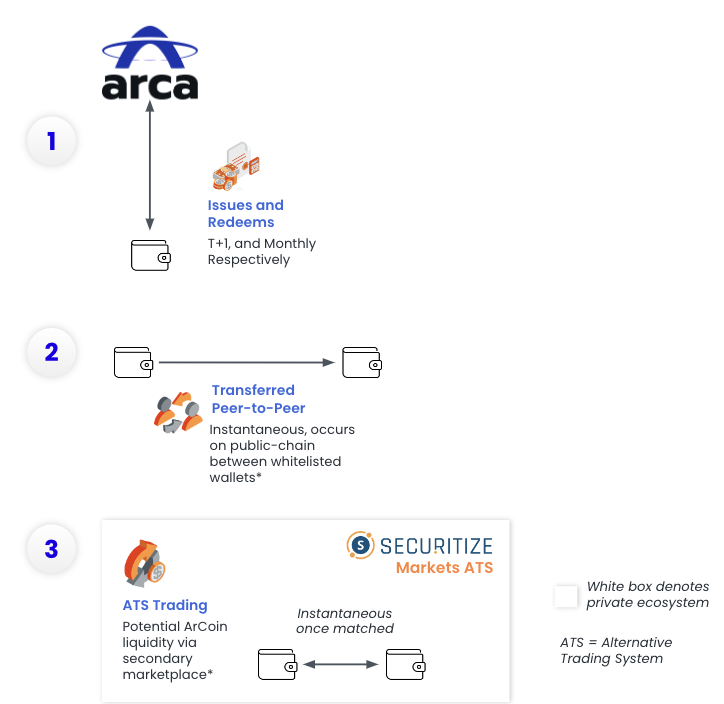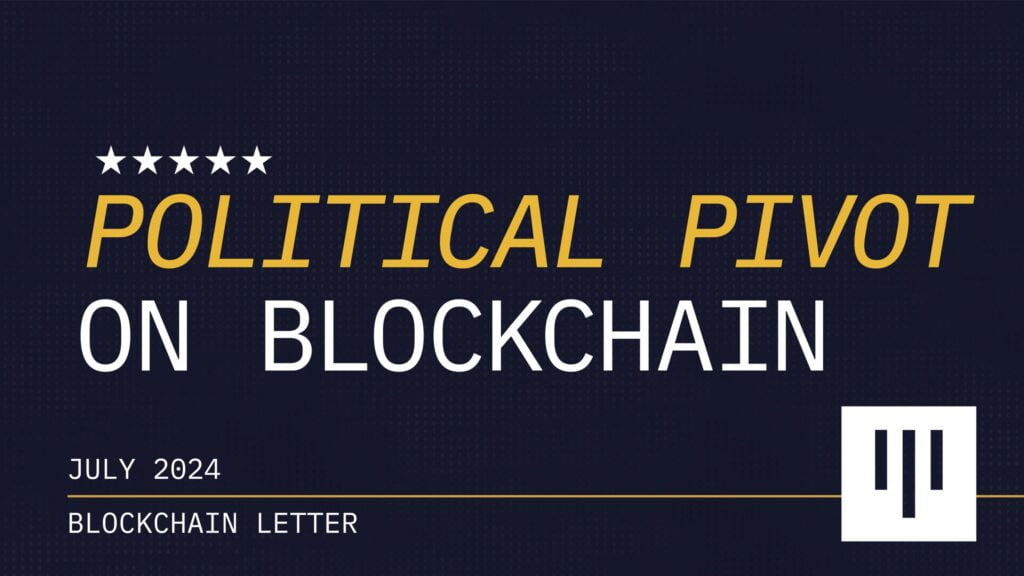Podcast Summary
This podcast episode features Jon Charbonneau, co-founder of an investment fund called DBA, who discusses the technical and practical aspects of rollups, scaling, and blockchain systems. The conversation delves into the differences between Ethereum and Solana, the potential of layer twos (L2), and the future of app chains. The episode also touches on the centralization of Ethereum stake, the influence of institutions in the crypto space, and the importance of alignment in different chains and communities.
Key Takeaways
Understanding Rollups and Scaling
- Defining Rollups: Jon Charbonneau explains that a rollup is a state derived from data posted on another blockchain or data layer. He emphasizes that rollups can have security properties and serve purposes beyond bridging assets.
- Scaling Verification: John discusses that scaling verification in blockchain systems can be achieved through the use of ZK proofs and data availability sampling, which allow for easy verification with low resource requirements.
- Monolithic vs. Modular Approaches: The podcast discusses the trade-offs between monolithic and modular approaches to scaling. While monolithic systems aim to scale as much as possible on the base layer, modular systems involve separating different layers for scalability.
Exploring Layer Twos and App Chains
- Scalability and Practicality: The speaker emphasizes the importance of tapping into the network effects, developers, users, and liquidity of the existing Ethereum system when building new native chains. The trade-offs of building on top of the existing system versus starting from scratch are highlighted.
- Future of App Chains: The speaker believes that most applications will continue to operate on shared environments, but for large applications with their own network effects and resources, having their own chain may be worth it. The future of app chains is still uncertain and complex.
Decentralization and Centralization in Ethereum
- Centralization of Ethereum Stake: The podcast discusses the centralization of Ethereum stake and whether it is a concern for the ecosystem. The practical reality is that achieving a perfectly decentralized validator set is not economically feasible, and having a few dominant entities is not necessarily a meaningful improvement.
- Decentralization of Operators: The focus should be on the decentralization of the operators under the hood of Lido and applying social pressure to ensure minimized governance and alignment with the governance of the chain.
Alignment in Different Chains and Communities
- Importance of Alignment: Different aspects, such as cultural, technical, and economic alignment, are mentioned as important considerations for different chains and communities. Ethereum alignment is seen as a real and important concept, but it is achieved through actions rather than just claiming alignment.
- Misuse of Alignment: The term “alignment” is discussed, with the recognition that it can be easily misused and misinterpreted. The meme about alignment is acknowledged as being made fun of due to its misuse and fuzziness.
Sentiment Analysis
- Bullish: The podcast expresses a bullish sentiment towards the crypto industry, with the guest stating that the industry is in a good spot and cannot be easily killed due to the increasing number of interested individuals and its continuous growth. The potential positive impact of the SVM rollup on Solana’s adoption and market position is also highlighted.
- Bearish: There is a bearish sentiment towards the centralization of Ethereum stake, with concerns raised about the risk of having a single entity, like Lido, controlling a significant portion of the stake. However, it is acknowledged that achieving a perfectly decentralized validator set is not economically feasible.
- Neutral: The podcast maintains a neutral stance on the future of app chains, acknowledging the engineering challenge of internalizing value and improving designs on shared environments, but also noting that the future is still uncertain and complex. The choice between monolithic and modular approaches to scaling is also seen as dependent on path dependence and the starting point of the system, with no system being inherently better than the other.












